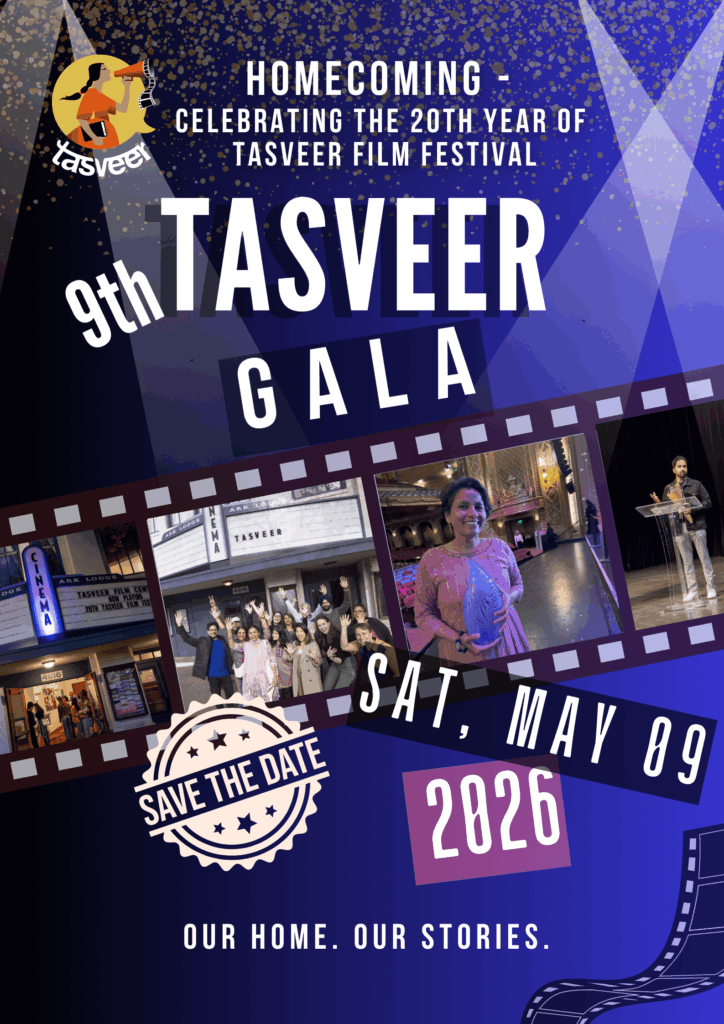Seattle University, 7PM-10pm
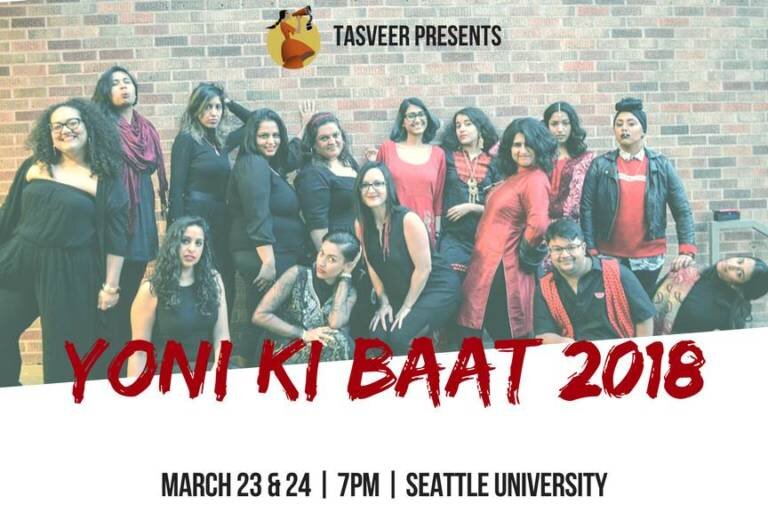
Yoni ki Baat is a growing collection of authentic, bold, vivid, tender, powerful, and poignant stories written and narrated by South Asian womxn, trans and gender nonconforming community members. The narratives highlight special challenges and opportunities relevant in this socio-cultural context. Reception follows.
Sponsored by Dubois Cary Law Group
Yoni Ki Baat is a collection of authentic, bold, vivid, tender, powerful, and poignant stories written and narrated by South Asian women, trans, and gender non-conforming community members. The narratives highlight special challenges and opportunities relevant in this socio-cultural context. YKB acknowledges that sexuality and that gender are essential–and sometimes fluid–aspects of identity, experience, and expression. Under the guidance of this year’s director, Uma Rao, the 13th Yoni Ki Baat will be a space that transforms and encourages South Asian women and trans people to express their challenges, hopes, dreams, breakdowns, and aspirations for change.
Yoni is a complex word: it is used to refer to the vagina or vulva. In Sanskrit, it can also mean “sacred space” and serve as a symbol for divine creative energy. Baat means “talk” in Hindi/Urdu. Each year, YKB stories evoke the literal and metaphorical meaning of the title, and in 2018, we again invite you to come share this space with us and experience the voices of our performers, in all of their diversity.
Inspired by Eve Ensler’s Vagina Monologues, Yoni Ki Baat was originally started in 2003 by South Asian Sisters, a progressive collective of South Asian women based in the San Francisco Bay Area. Today, Yoni Ki Baat is performed across the United States and empowers participants and audiences to tell their own stories honestly and fearlessly with the larger goal of contributing to individual and community transformation. Contains Mature Content.
YKB DIRECTORS UMA RAO’S NOTE
I have lived in Seattle for almost 14 years, and have been a fan and a volunteer for Tasveer since that 1st Independent South Asian Film Festival in the fall of 2004. The first year Tasveer hosted Aaina, someone read a piece from Eve Ensler’s “Vagina Monologues,” and Tasveer got some angry emails about it, telling them it was inappropriate. How did Tasveer respond? By producing the first YKB performance in Seattle at the following year’s Aaina.
I participated in that first Yoni Ki Baat, part of a group of really nervous women who wondered, “What’s going to happen? Will people actually come to this?” The answer: a sold-out theater and an enthusiastic standing-ovation reception from the crowd. I have not missed a single YKB since then. Each year, it’s an honor to witness South Asian women telling their stories, and I have learned, grown, gotten pissed off and cried for hours, laughed, and laughed again days later when I remembered it. YKB is a powerful platform that creates real change in our community.
It hasn’t escaped me, though, that over the past 12 years, I have seen just a handful of performers from the LGBTQ community (including myself, and I’ve performed twice). I have never seen anyone from the trans community perform. Further, I have been overwhelmed with the reality that we wake up each day in Trump’s America. I wake up to read news of Muslim bans, attacks on reproductive rights, black lives murdered and white supremacists getting a pass, and trans people being dehumanized. Last year, we heard that the current administration will not even include questions relating to LGBTQ people in the upcoming 2020 Census. I am not exaggerating when I say: I feel like this administration is systematically trying to erase our narratives and in some cases, erase our lives.
I decided to try my hand at the YKB director’s role, so that I could produce the show that I (and I knew others) wanted to see; one that features a majority of queer and trans performers, where straight cis women are in the minority and demonstrate true allyship. Most of us have been conditioned to think in binaries–man/woman, gay/straight. The reality is that binaries have never been accurate or practical. They don’t account for the great variety of sexualities and gender identities that span different cultural traditions and histories, not to mention exist as part of our own families from our own South Asian community, right here in King County. Many of our people aren’t allowed to tell their stories, or they are deeply ignored. But oral storytelling and community-building is how we have survived. This year, we come in abundance to the YKB stage. My hope is that in sharing these stories, our South Asian community will continue to embrace us and lift our voices even further.
To all of you brown unicorns out there, I want you to know–you are loved. This show is for you, and we will only get stronger from here.
YKB Performers
Uma Rao, YKB Director (pronouns: she/her)
Uma is an unequivocal believer that art can change everything for the better, if you let it. She is directing this year’s show to bring visibility to these incredible performers and stories, and because she is committed to lifelong learning.
What do I love most about myself? I’ll go with my curves, my Aunty status and my ability to see the glass as half full (90% of the time).
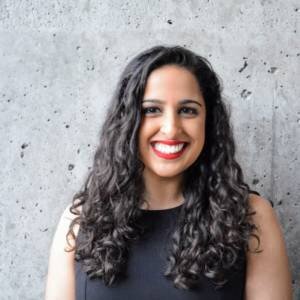
Priya Walia (pronouns: she/her): Priya is a passionate activist, women’s rights advocate, and dog mom from Morgantown, West Virginia. She is participating in Yoni Ki Baat to grow her creativity and paint a more diverse picture of what it is like to be a Desi in the Northwest.
What do I love most about myself? I love that I am able to feel empathy for all people.
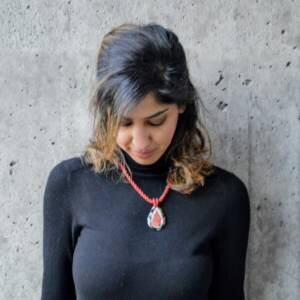
Aara Shaikh (pronouns: she/her)
Aara is a native East Coaster who is persistent in her belief that creating meaningful change requires acceptance and humility. She is hopeful that performing with YKB will set her spirit free and inspire other Muslim women to speak out and be fiercely unapologetic for who they are.
What do I love most about myself? I love my ability to look for and see the good in others
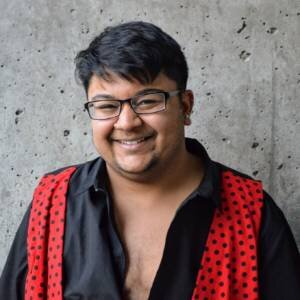
Sasha Duttchoudhury (pronouns: they/them)
Sasha is a shy, silly, and sensitive soul who seeks to connect people to authenticity, vulnerability, and growth through playful tenderness and compassionate creativity. They hope their participation in YKB allows them to pause in gratitude and pride, and invites others into warm and rich conversations about how we want our communities to thrive.
What do I love most about myself? I love my big-belly-laugh humor!
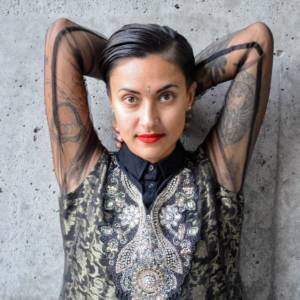
Sonj Basha (pronouns: they/them)
Sonj is a professional artist advocating for justice and connection. Seduced by radical acts of embodiment, diversifying community norms, and queering the status quo, Sonj is committed to bringing a vulnerability that provokes YKB 2018 to be a reflection of our Desi and Muslim community at large.
What do I love most about myself? I love that I am perfectly imperfect.
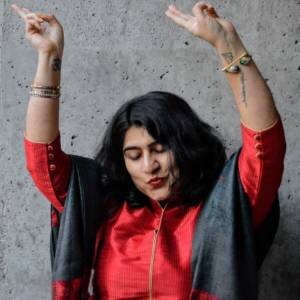
Gitika Talwar (pronouns: she/her)
Gitika is a Community-Clinical Psychologist and all-round intense human being. Through YKB she hopes to gain some closure around questions she has asked herself for a long time.
What do I love most about myself? My willingness to be vulnerable and be the one to break the silence.
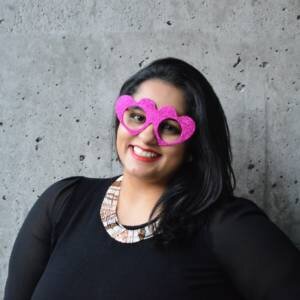
Piya Banerjee (pronouns: she/her)
Piya is a long time YKB fan-turned-performer and healing nerd with reverence for the power of story. She hopes that YKB can be an opportunity to be witnessed and held in her complex and sometimes contradictory longings by her multiple Seattle communities.
What do I love most about myself? I love my open heart and curious spirit
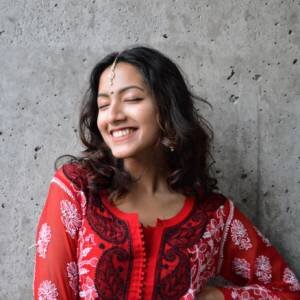
Akshara Balakrishnan (pronouns: she/her)
Akshara is a student at UW who is interested in becoming a surgeon. She wishes to use YKB as a platform to raise awareness of issues that are present in desi culture, but hardly talked about.
What do I love most about myself? I love that I am kind hearted and that I know a bunch of languages!
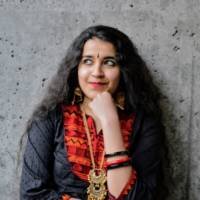
Sakhi Kamal (pronouns: she/her)
Sakhi is an aspiring nomad trying to cook her way through life with a hard head and a soft heart.
What do you love most about yourself? I love my eccentric cynicism and my “love, and let love” philosophy.
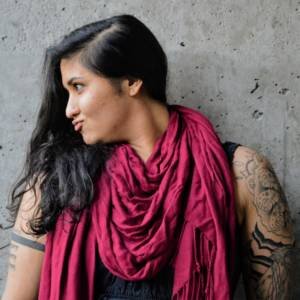
Harsimran Bagri (pronouns: she/her/they/them)
Harsimran is an Apprentice Electrician who loves to cook and watch Doctor Who. Harsimran chose to be a part of YKB 2018 because she believes that challenge is an integral part of moving towards your personal truth. They seek to challenge the audience along with challenging themself; for without truth there cannot be justice.What do I love most about myself? I love my ability to see the bright side in any situation.
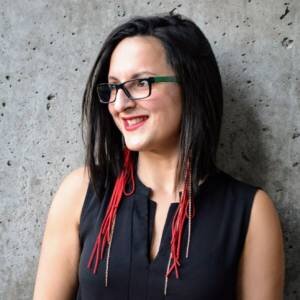
Krysta Walia (pronouns: she/her)
Eighth grade dropout turned community college counselor, amateur comedian, aspiring cat lady, and out of tune jazz vocalist from Sedro-Woolley, WA. Apparently, Krysta did not get enough stage fright or performance anxiety her first time around, as a YKB performer in 2016, and this year she hopes to share her story of growing up half-Punjabi in rural, white America.
What do I love most about myself? My gift for quoting Tupac lyrics. Also, my ability to “make a dollar out of fifteen cents.”
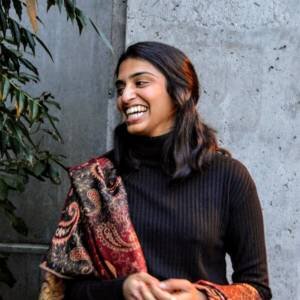
Madhu Ganesh (pronouns: she/her)
Madhu is an artist searching for her best medium and is a constant work in progress. She is hoping to be reconnected with her self and find her yoni through YKB.
What do I love most about myself? I love furiously, cry easily, and surround myself with people who inspire me.
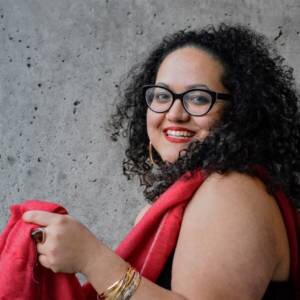
Jayanika Laxmi Lawrence (pronouns: she/her)
Jayanika grew up on Guam and has a passion for cultivating a more just and loving world. She is committed to individual and collective healing and believes in the transformative power of storytelling.
What do I love most about myself? I love my sense of smell and hair.
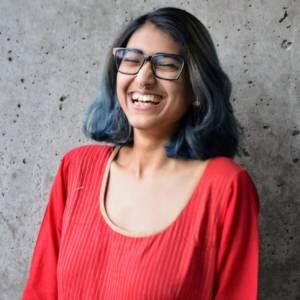
Ananya Garg (pronouns: she/her)
Ananya is a young artist finding her way through this complex world. She is in YKB because her story is one that she has not been able to speak fully and truthfully in the desi communities she grew up in, and she wants them to be heard.
What do I love most about myself? The full, whole, love that I have for my communities and offer to the world.
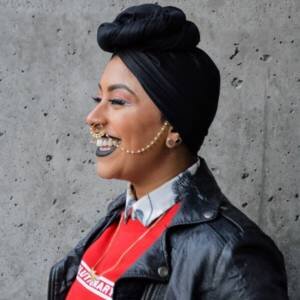
Saara Majid (pronouns: they/them)
Saara is also known by the name Femmeboi Godess, and their superpowers include fighting the white patriarchal agenda, gossiping aunties, and creepy uncles. They have decided to join YKB class of 2018 because it has never felt more pressing to speak their truth in hopes of inspiring someone to speak theirs.
What do I love most about myself? I love that I have the ability to create things that didn’t exist before, whether on canvas or in heart; I am an artist.
Evon Mahesh (pronouns: he/him)
Evon is a relentlessly optimistic, life-long learner with a certain affinity for wearing hoodies under t-shirts. Always looking for a challenge, he hopes to show a new perspective on what storytelling can be.
What do I love most about myself? I love my ability to smile and laugh freely!
YKB Dancers

Anjulie Ganti (pronouns: she/her)
Anju is a Desi, Northwest raised Boeing kid who lives for a home cooked meal, the cleansing energy of a muddy cedar forest after hard rain, survivor, mother, teacher, learner and loyal friend.
What do I love most about myself? Sense of humor, my resilience and sense of integrity.
PG (pronouns: he/him)
PG is a techie nerd with ambitions of being a Marvel superhero (or Harry Potter). He is participating in YKB because his partner asked him to, and he knows how to keep the peace.
What do I love most about myself? I love my courage to be unapologetically me.
Sri (pronouns: he/him)
Sri/Vatsa is just another hopeful being trying to build the world he seeks, one conversation at a time. He is doing YKB because he believes that it is about time that he and the world explored and appreciated femininity in all its forms.
What do I love most about myself? I love that I try and find music and stories around me – the popular and the unacknowledged, and let them move me to pieces.

